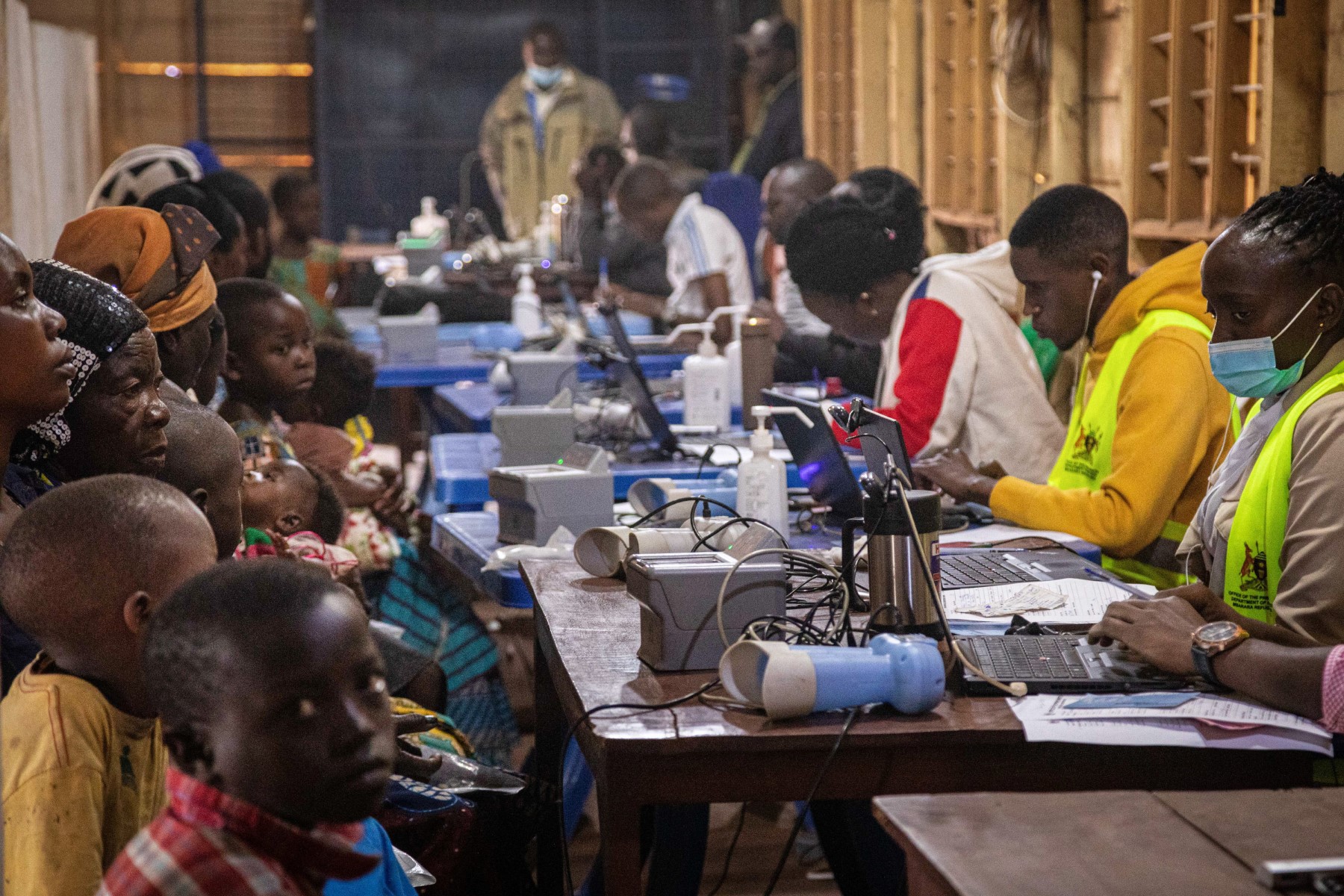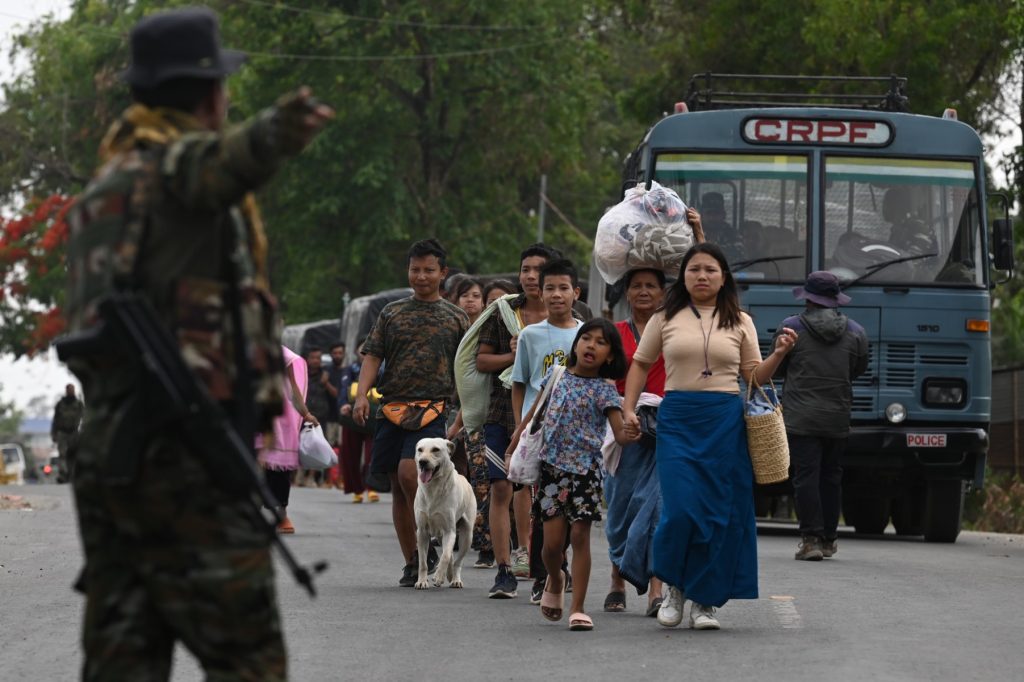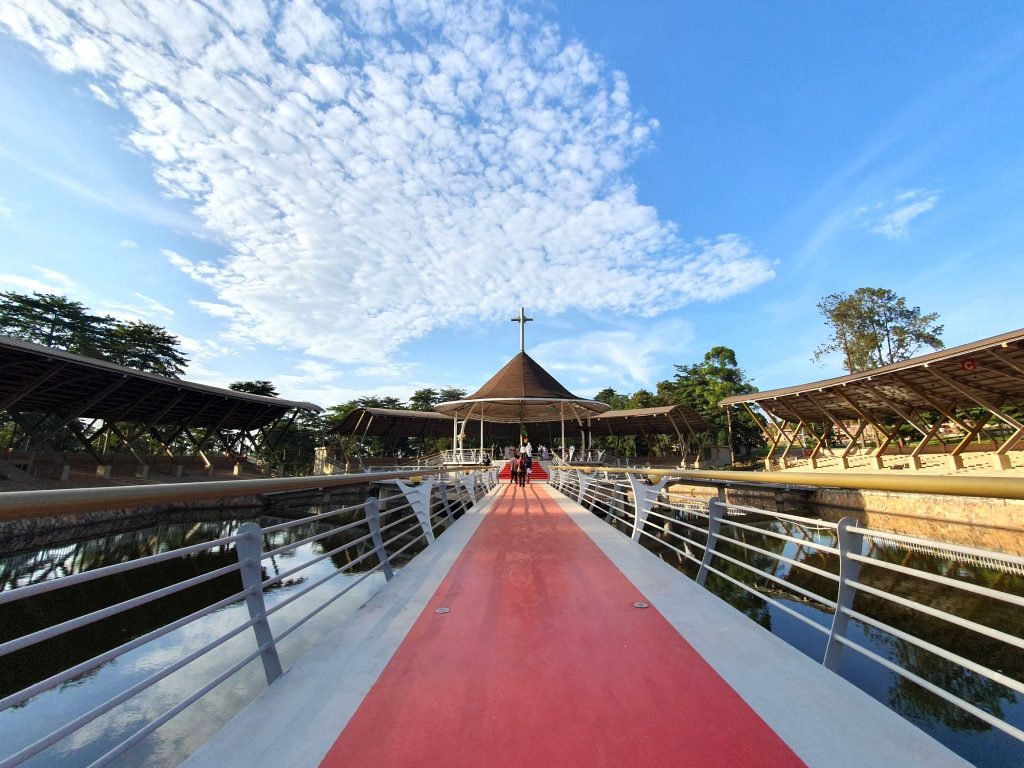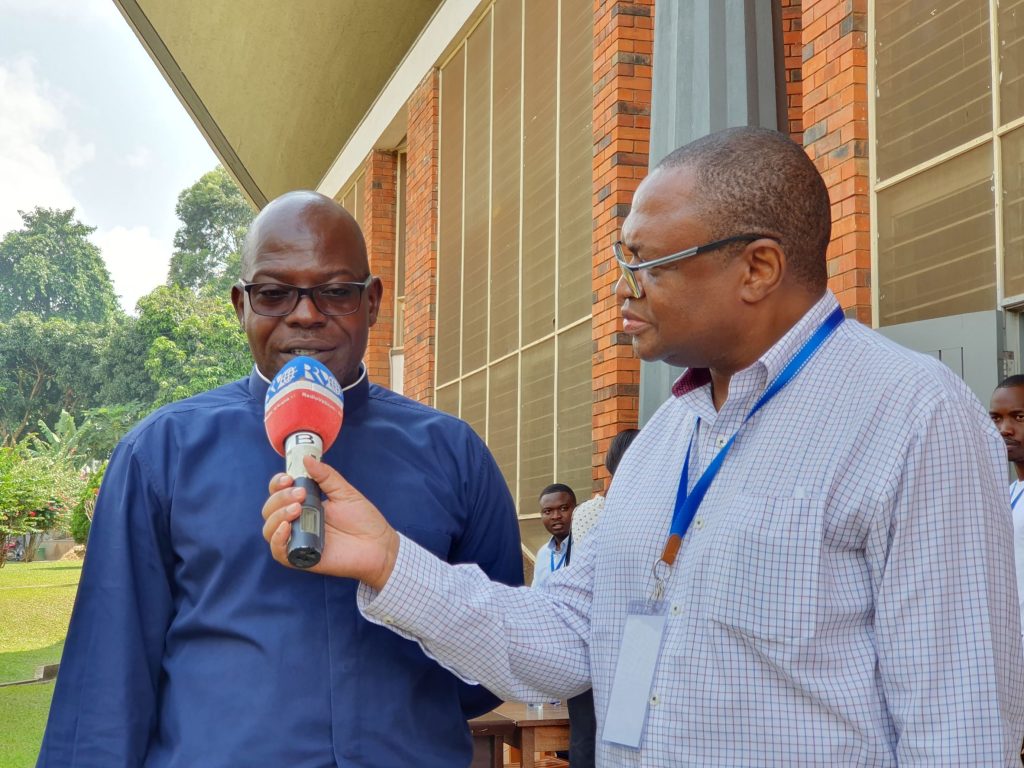The prefect of the Vatican’s Dicastery for Promoting Integral Human Development encouraged journalists to help “end or heal” the displacement of millions of migrants and refugees around the world.
“Journalists have the responsibility to offer a new narrative, putting our migrant siblings, together with their families, at the center, linking their sufferings and aspirations to the causes of their migration,” said Cardinal Michael Czerny, S.J.
The prelate made the statement in his keynote speech at the opening day of a training workshop for Catholic journalists in Kampala, Uganda in Africa on July 11.
Cardinal Czerny said it is “important to listen to our siblings on the move since they should be protagonists of the solutions towards peace and development in their own countries.”
He urged media workers to let the migrants and refugees “express their aspirations” and tell stories that would answer the “why” behind the crisis, and “connect with solutions that would end or heal their displacement.”
“As journalists, you are in a privileged position to listen to their cry and make their aspirations known to the world,” he said. “As a synodal Church invited to walk close to migrants and refugees.”
The Vatican official said there are some 35 million refugees who are forced to abandon their homes and cross international borders and 71 million internally displaced persons that are suffering because of famine, conflict, persecution, disasters, wars, and other crises.
“If we listen carefully to each migrant or refugee or displaced person, we discover that their strongest desire is to go back to their place and live with decency and security. But until the causes forcing them to flee are addressed, no solution is possible,” said the prelate.
Cardinal Czerny encouraged journalists to become “contributors to the practice of good politics”, “bridge the aspirations of migrant people”, and “offer recommendations towards possible solutions to their plight.”
“By promoting the right to remain in dignity and security in one’s own land, you are contributing to the good politics which is so badly needed,” he said.
Alternative lexicon
The week-long workshop training on “effective and efficient reporting on migrants and refugees” for Catholic journalists and media professionals was organized by SIGNIS – a Catholic lay ecclesial movement in 100 countries for professionals in the communication media – in collaboration with the Dicastery for Promoting Integral Human Development and the Uganda Episcopal Conference, and sponsored by the Pontifical Mission Societies.
Uganda is hosting around 1.5 million migrants and refugees, and allows them to be economically active.
“Humanity is bigger than the borders we create,” said Bishop Emmanuel Badejo, President of the Pan-African Episcopal Committee for Social Communications (CEPACS). The prelate urged Catholic communicators to adopt an alternative lexicon when telling the stories of migrants and refugees in Africa to dispel the myth of mainstream narrative that “most people in Africa wants to leave Africa.”
“Show youths that migrants and refugees are not just a problem to solve,” implored Bishop Joseph Franzelli, Chairman of the Social Communications Commission, Uganda Episcopal Conference, “but an opportunity to create a community of integration and respect for human dignity.”
Changing the narrative
The workshop attendees together drafted a list of principles to guide Catholic journalists and media professionals when telling the stories of migrants and refugees. One of the principles is to not only cover the true causes of forced migration and internal displacement in Africa, but to also tell the stories of solutions implemented for and by migrants and refugees.
“As a mother and a grandmother, I can acutely empathize and imagine the indignities and the terrors mothers and fathers must face as they try to protect their children,” said Helen Osman, President of SIGNIS. “Our challenge as Catholic journalists is to put flesh on the data and the images of people on the move.”
Peter Monthienvichienchai, secretary general of SIGNIS and executive director of LiCAS.news, said SIGNIS has been promoting “solutions journalism” to provide “the bridge between different communities of culture and faith.”
“An approach that not only tells the stories of the problems, but also possible solutions, the efforts that it took to implement those solutions, their limitations and what more can be done,” he said.
Monthienvichienchai said journalists often keep a distance from the subject or case study of their writings but “perhaps there is another way.”










